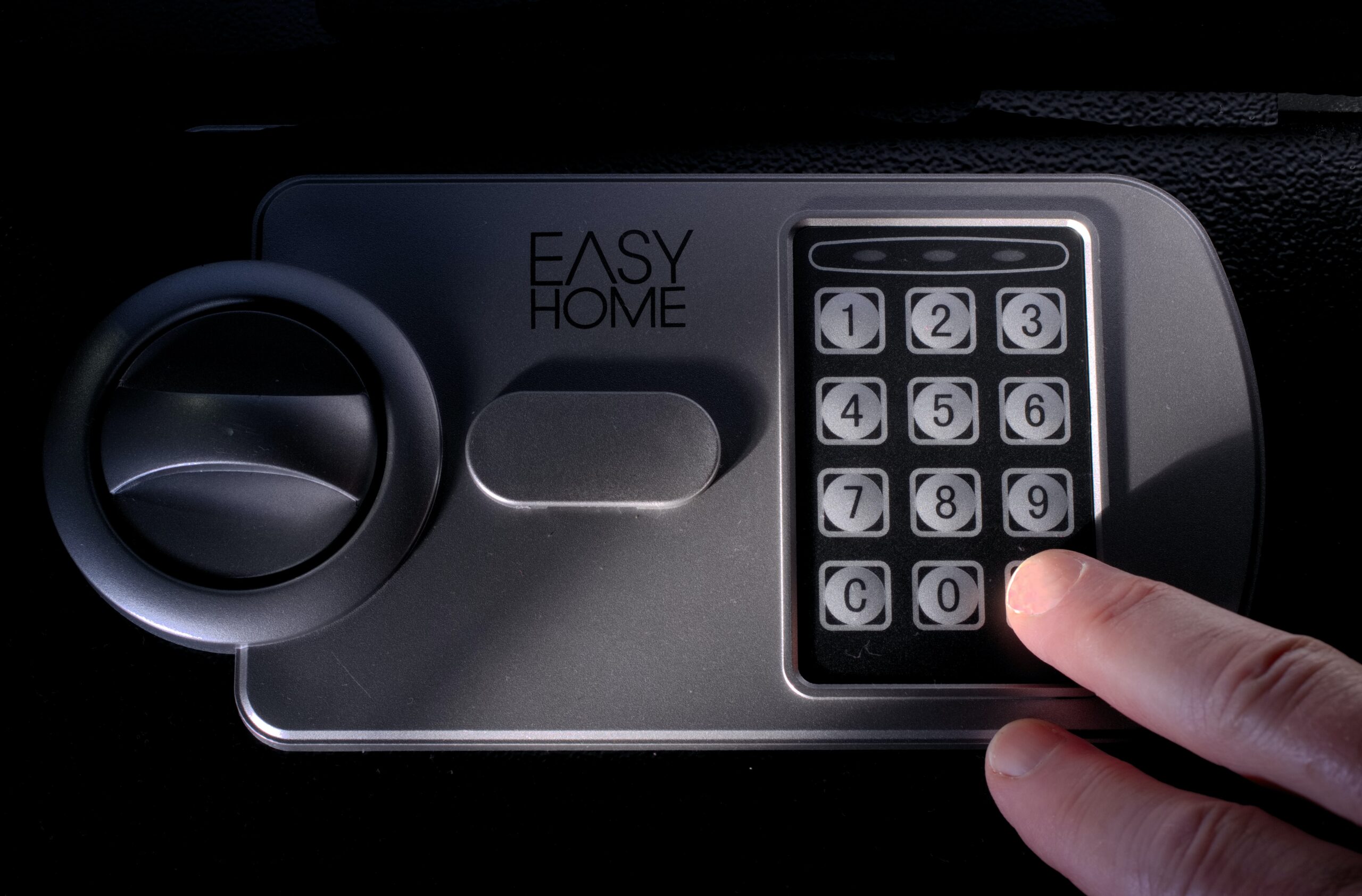Introduction
A lot of cybersecurity awareness revolves around the digital security of all your devices…but how well do you take care of their physical security?
Data breaches don’t just happen when your computer gets infected with malware or you fall for a phishing scam. How often have you done the “phone, keys, wallet” check before you leave a venue? Thieves can steal your laptop out of your bag or your phone from your pocket, too. Then, they can crack your password and steal all your data directly!

5 Tips for Better Physical Security
Lock up important devices when you’re not using them, whether that’s leaving your cubicle to use the bathroom for a few minutes or keeping your home office locked when you throw a party. Insider threats are responsible for 60% of data breaches. Your coworkers, business partners, and third-party vendors are frequently passing your workstation and could look at your files if they’re not stored in a locked drawer or secured in some other way.
Just as you wouldn’t splay somebody else’s contracts on the desk during a meeting, you should make sure your immediate area is clear of confidential files before joining virtual meetings. Workplaces have many meetings virtually nowadays and this simple step can be easily overlooked when you’re busy.
Leave it home if you’re not going to use it. Although we can’t all stand to have our cell phones away from our person for that long, maybe you can re-think bringing your laptop on vacation or leaving the backpack with your tablet in it hanging on the coffee shop chair while you order. From there, they can easily take out your hard drive to read on a different machine, without having to guess your log-in!
Keep your eyes on ONLY the files you’re supposed to have access to. You are responsible for abiding your clearance level. You are just as capable of committing insider threats as anyone else in the organization — even by accident!
Conclusion
The physical security of your devices is just as important as their cybersecurity. Understanding some of the ways that threat actors compromise devices by their direct hand, facilitates understanding some simple ways to protect your tech on a daily basis.
Human error is responsible for 95% of data breaches. You can bring that number down by taking little steps to preserve your devices’ and data’s security every single day.

References



